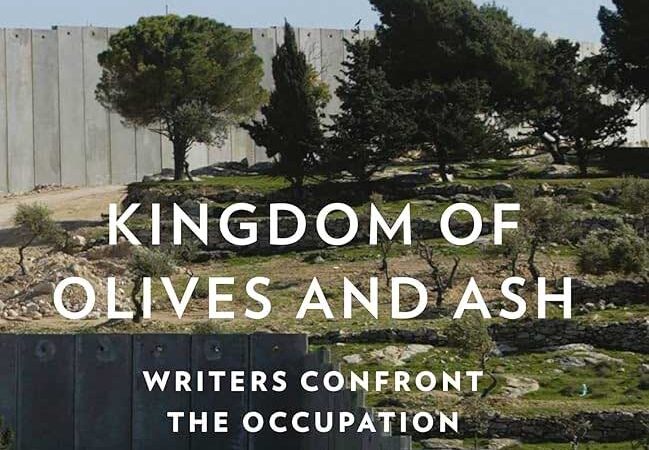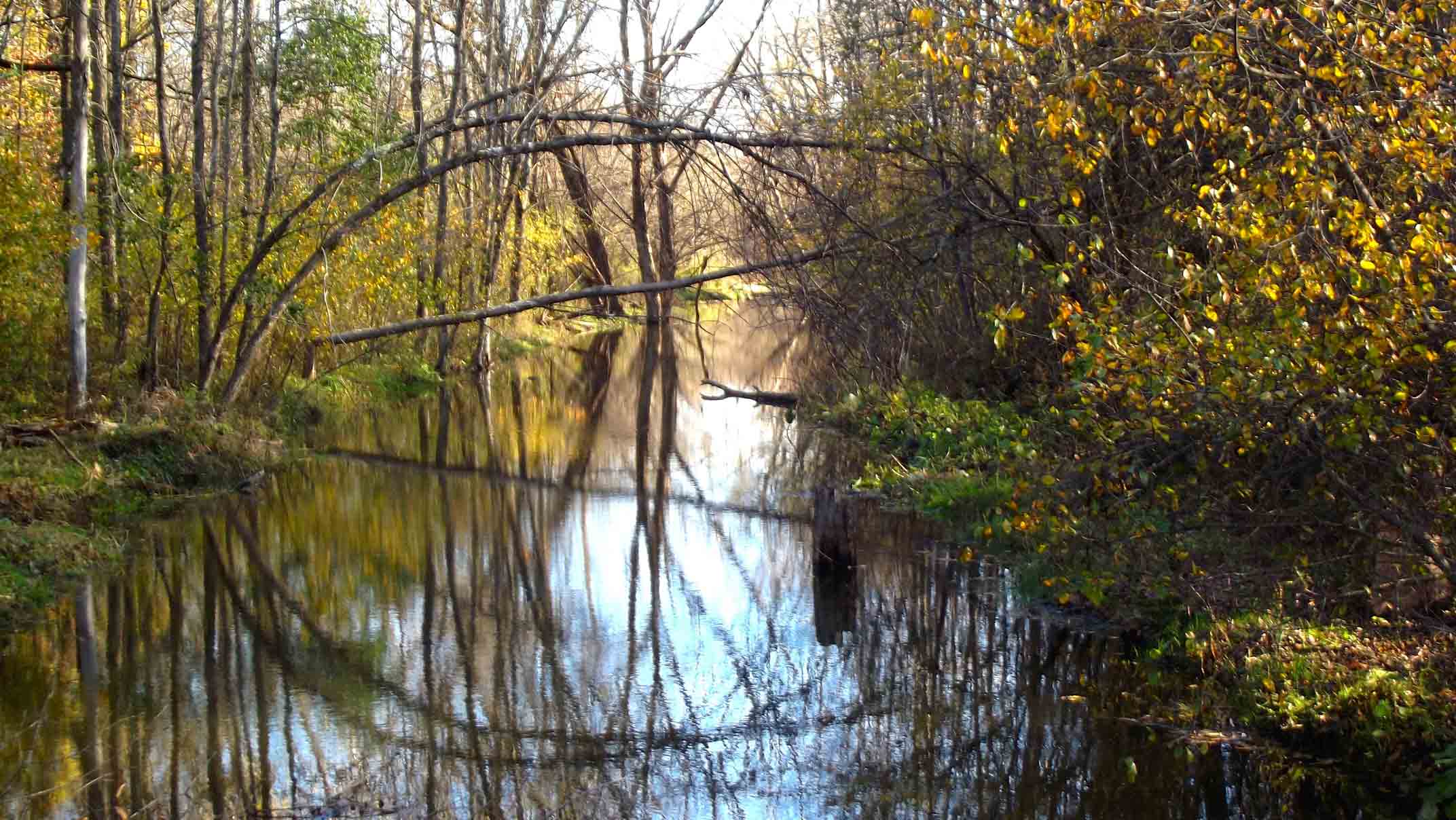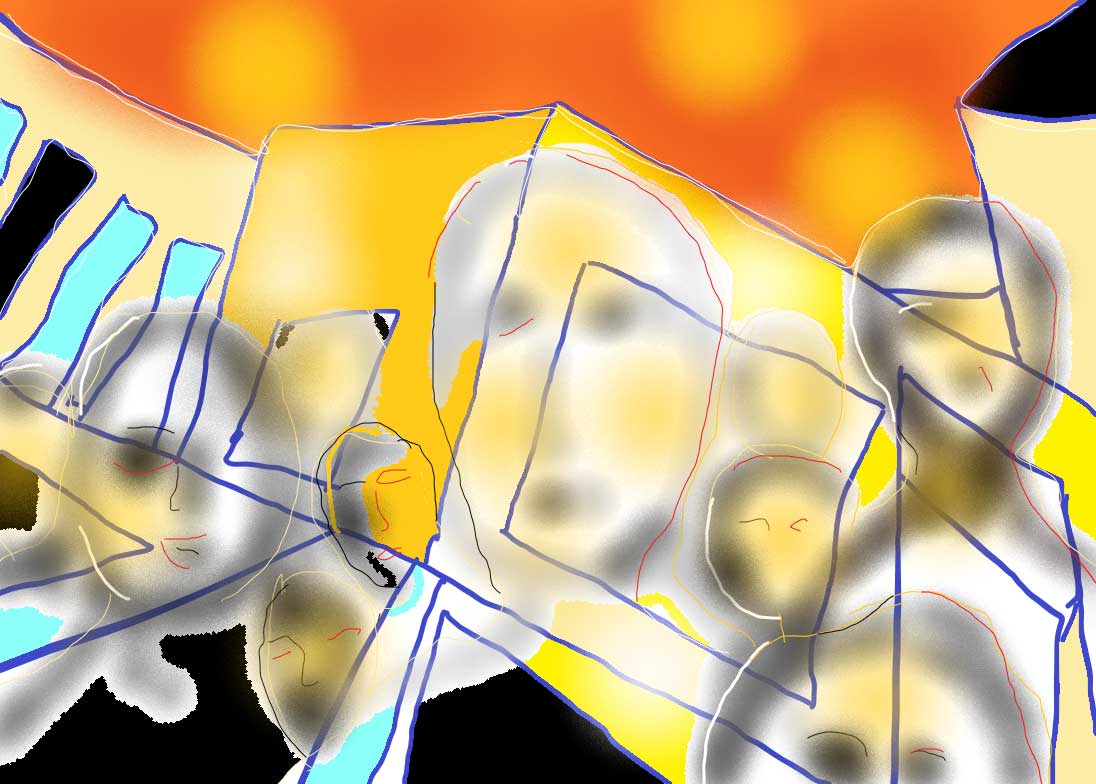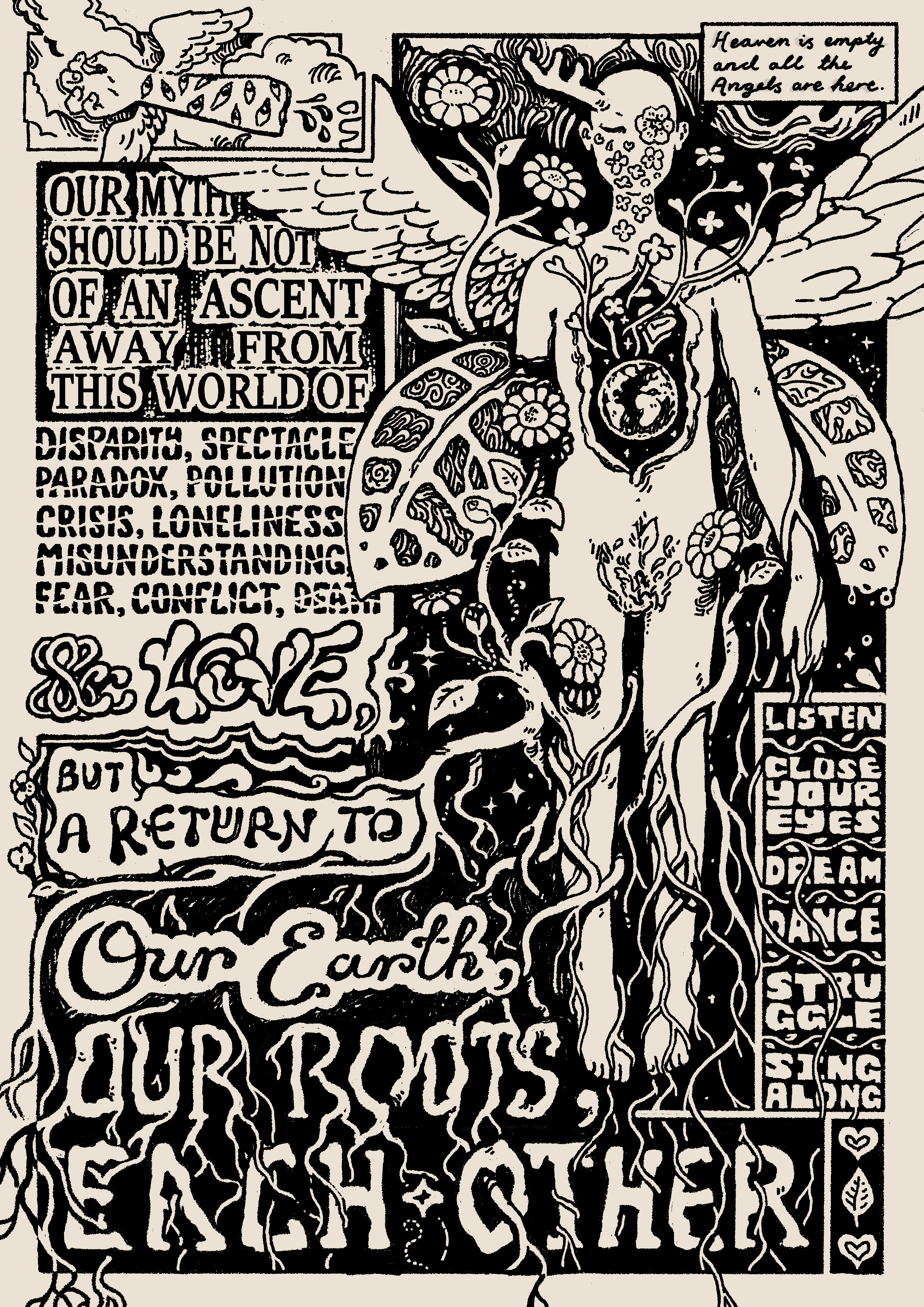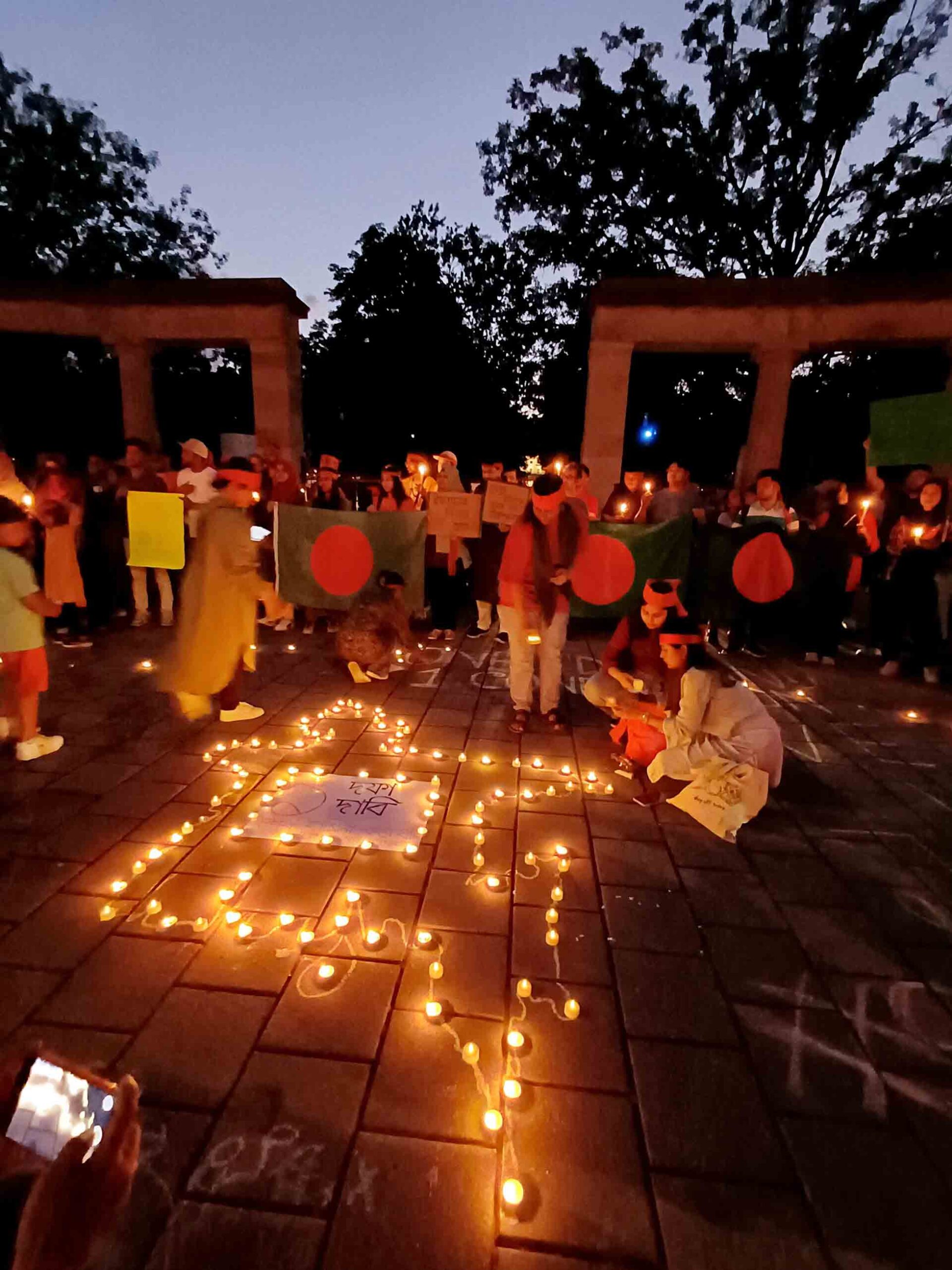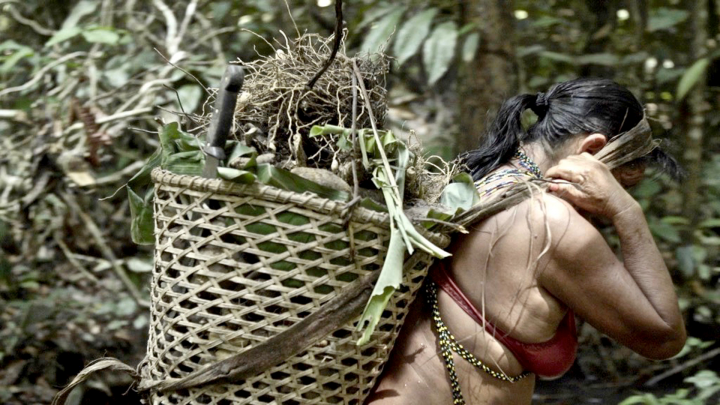
Quentura, a documentary film by Mari Corrêa, Brazil (2018)
(in Yanomami, Hatxa Kuin, Nheengatu, Yukano, Portuguese OV / French ST)
The 29th edition of the Montréal First Peoples Festival (Présence autochtone) unfolded from August 6 to August 14. On this occasion, it celebrated diversity and creativity through a combination of visual arts, film, music, song, poetry and gastronomy. It even featured an open-air workshop for women, of invigorating haka, or Maori ceremonial dance.
The regular film sessions at the renovated Cinéma du Parc opened up with Quentura (Mari Corrêa, Brazil, 2018), a documentary on the effects of global warming on the health of the Amazon jungle, rightly considered to be the earth’s lungs.
“Quentura” means heat or warmth in Brazilian Portuguese, but it also has connotations of temperatures that can burn. Sadly, the word is very appropriate for a scenario of hitherto lush tropical forests withering and dying. The culprits are global warming, industrialized farming practices, a trend towards single crops as opposed to traditional mixed crops, where biodiversity guarantees the health of the plants, and the sheer perversity of a greedy economic system.
Several Amazon women are depicted at their daily tasks, weaving baskets, harvesting edible roots, taking a break, clearing dead plants and generally sharing stories with each other about ancient planting and harvesting techniques. As they laugh and talk and enjoy each other’s company, they lament the accelerated death of mother earth and the loss of the traditional wisdom necessary to protect it. Their conclusion is that it is only by sustaining Indigenous communities and their traditional livelihood that mother earth has some hope of survival. The spectator is left with the conviction that this is an incontrovertible fact.
As a side note, the reviewer was struck by the fact that the Amazon women who participated in this documentary painted their faces and bodies in the traditional manner and wore jewellery made of natural products such as bamboo, wood, feathers and flowers, but instead of grass skirts, they wore short cloth skirts and instead of unashamed unfettered breasts, they covered them with nylon brassieres in garish colours. Was this a requirement of the filmmakers or just the insidious imposition of a society intent on alienating humans from their natural environment?
Quentura is a dire reminder of what human society claims to want to protect but is intent on destroying.
